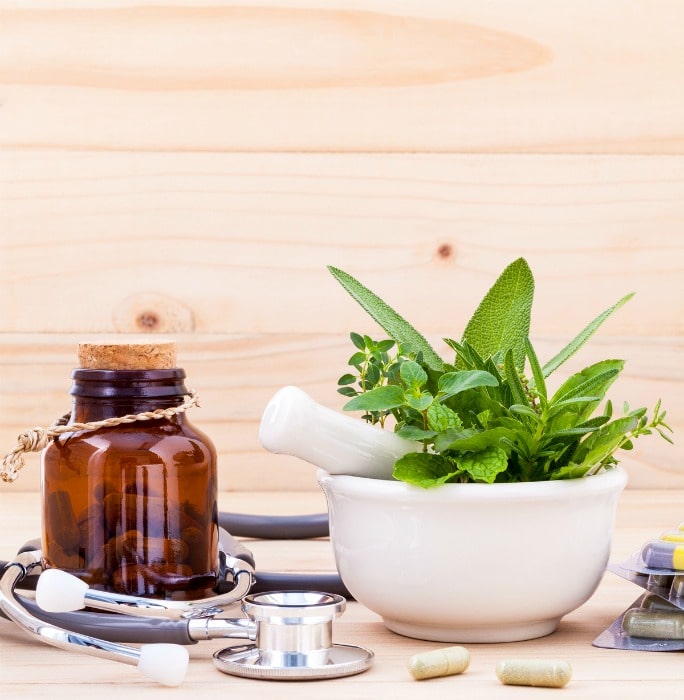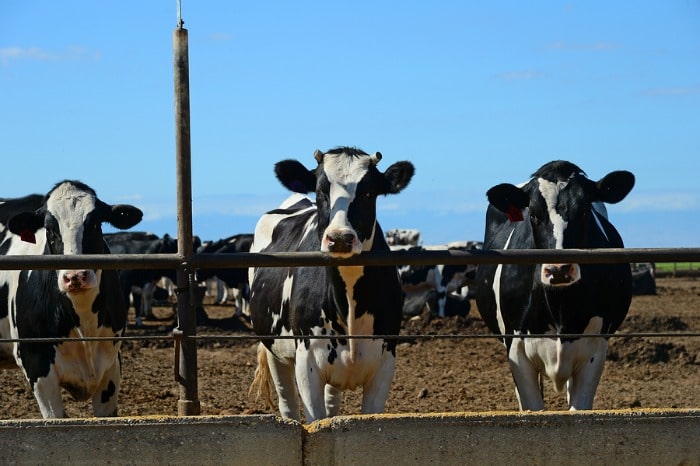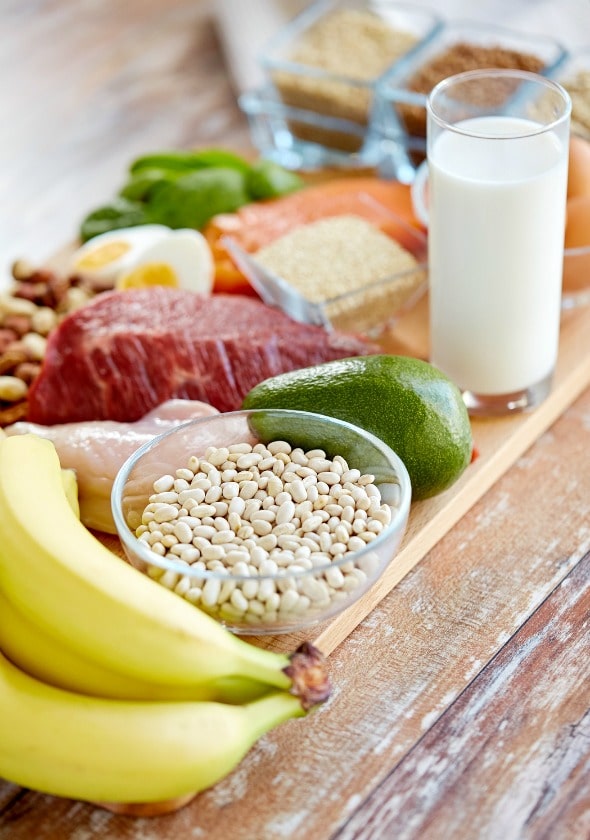
Today’s post is written by my friend, Eva Aspegren. She’s an Integrative Nutrition Health Coach and is going to help us understand how antibiotics are impacting our health and importance of healing the gut after we consume antibiotics.
Today, antibiotics remain helpful – and occasionally essential – for treating bacterial infections and diseases, but they should be used with caution.
The overuse of antibiotics – in the form of unnecessary prescriptions to treat non-bacterial infections in humans and routine use in factory farming – has become quite alarming in the U.S. and worldwide over the past decade, negatively affecting public health.
Antibiotic-resistant superbugs have developed as one result of this situation – threatening the wellbeing of people and livestock.
Men, women and children are also struggling daily with health issues caused by weakened immune systems caused by overexposure to antibiotics – even if they are not personally taking them in the form of a prescription!
How is this possible?
Here are the two main ways antibiotics can cause immune issues:
1. Taking multiple doses of antibiotics over a short period of time. Even one dose of medically justified and necessary antibiotics can weaken your immune system, but exposure to several “rounds” of these medications, or repetitive use over a lifetime, can result in a sub-optimal immune system.
2. Consuming non-organic, non-grass-fed, non-pasture-raised supermarket meat and dairy products and eggs on a regular basis. Especially whole fat dairy and fatty cuts of meats (let’s clarify: the problem is NOT with whole fat products! Fats have a very important role in a healthy diet. The problem is that toxins, antibiotics and other drugs and heavy metals are stored in fatty cells, so if the animal is raised using antibiotics, the fat of the animal can pass them into our food and bodies).
What about prescription antibiotics? In some cases, the use of antibiotics is justified and necessary, no question about that. Unfortunately, according to David P. Calfee, MD, MS, chief hospital epidemiologist at New York-Presbyterian/Weill Cornell, “… the results of antibiotic overuse are alarming: Antibiotic-resistant “superbugs,” which have developed due to antibiotic overuse, infect about 2 million people in the U.S., resulting in nearly 23,000 deaths annually, according to the Centers for Disease Control and Prevention (CDC).” .
He also states that antibiotic misuse sometimes stems from a patient demanding the drug for a viral infection, other times healthcare providers are to blame for over prescription.
Exposure to antibiotics from our food supply
While we can control how much prescription medication we take or give our children, we have less control over the routine overuse of antibiotics in agriculture, thus making it more difficult to monitor our indirect ingestion of these drugs.
As a matter of fact, according to the FDA, “Of all antibiotics sold in the United States, approximately 80% are sold for use in animal agriculture; about 70% of these are “medically important” (i.e., from classes important to human medicine).” .
This means that even if we have never taken prescription antibiotics, our bodies may still be exposed to antibiotics through the foods we consume, mainly animal meat and dairy products!
Here are a few things we can do to limit our unnecessary exposure to antibiotics:
- Get Educated – Learn more about antibiotic overuse on humans and animals.
- Discuss the details of any diagnosis with our doctors – If possible, request testing be done to ensure an ailment is caused by bacterial infection before taking antibiotics. Don’t be afraid to get a second medical opinion.
- Eat grass-fed, organic meat, dairy, or pastured egg products – this very important step will significantly reduce your exposure to antibiotics. If you can’t obtain grass-fed, organic animal products (Eat Wild is a good resource), purchasing lean cuts of meat will reduce your intake of any antibiotics stored in animal fat.
9 Ways to Heal Your Gut After Antibiotic Exposure- Eat a whole-food, nutrient-dense diet loaded with high amounts of colorful vegetables, and healthy fats, moderate amounts of protein, and low amounts of sugar. Eat organic produce (at least the “Dirty Dozen” items), and organic, grass-fed meats, dairy and eggs.
2. Hydrate – make sure you consume sufficient amounts of filtered water each day.
3. Get sufficient aerobic exercise – especially outdoor exercise.
4. Reduce stress through breathing and relaxation exercises – develop a daily practice of meditation or other relaxation techniques.
5. Following a whole-food, nutrient-dense diet will already help restore gut health, but there are other simple ways to support a healthy gut such as: consuming homemade/organic bone broth as part of your diet, take a kosher/organic gelatin or collagen hydrolysate supplement, eat fermented foods like sauerkraut, fermented vegetables, kombucha, and organic fermented dairy products like kefir and yogurt, take a high-quality probiotic daily.
10. Take a quality multivitamin daily.
11. Take a quality Omega 3 supplement daily.
12. Make sure your Vitamin D levels are sufficient – get enough exposure to sun and/or take a Vitamin D3 supplement.
13. Consider natural remedies and supplements for immune boosting. Examples include Echinacea, Elderberry/Sambucus, Vitamins C and D, or essential oils that boost immune function.
These tips certainly aren’t comprehensive, but they will give you a nice starting point to begin restoring your immune system to full function after exposure to antibiotics.
Eva Aspegren is an an Integrative Nutrition Health Coach, mother of 2 amazing kids, and the founder of Crave2Live Health and Wellness. Eva is passionate about helping people learn how to implement healthy changes into their lifestyle, be it in their food, home, beauty or health and wellness, one step at a time.
- Eat a whole-food, nutrient-dense diet loaded with high amounts of colorful vegetables, and healthy fats, moderate amounts of protein, and low amounts of sugar. Eat organic produce (at least the “Dirty Dozen” items), and organic, grass-fed meats, dairy and eggs.


 Eva Aspegren is an an Integrative Nutrition Health Coach, mother of 2 amazing kids, and the founder of
Eva Aspegren is an an Integrative Nutrition Health Coach, mother of 2 amazing kids, and the founder of 




2 Comments